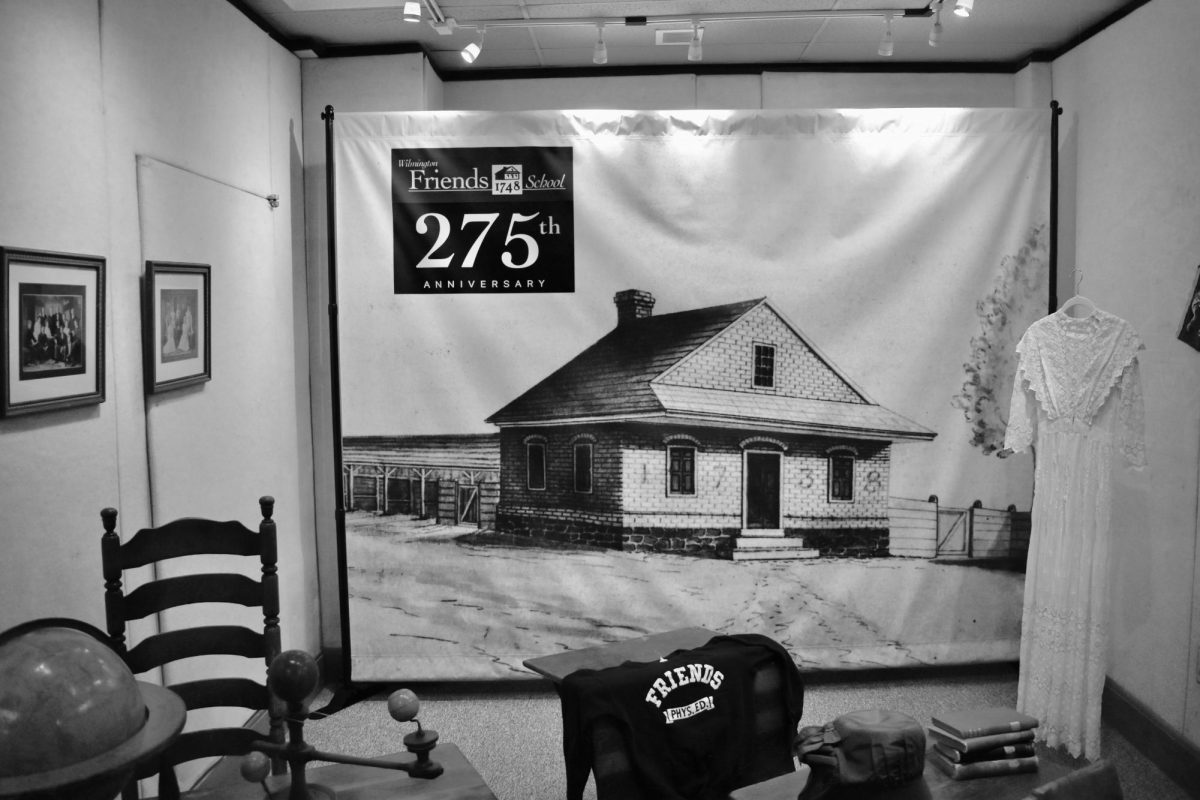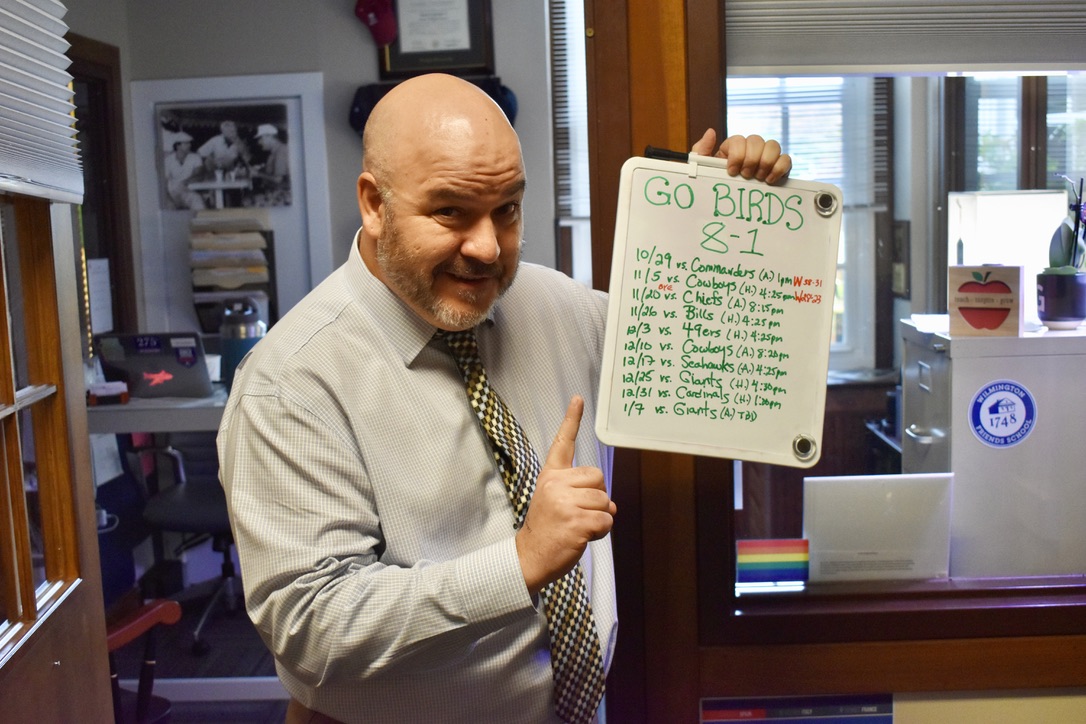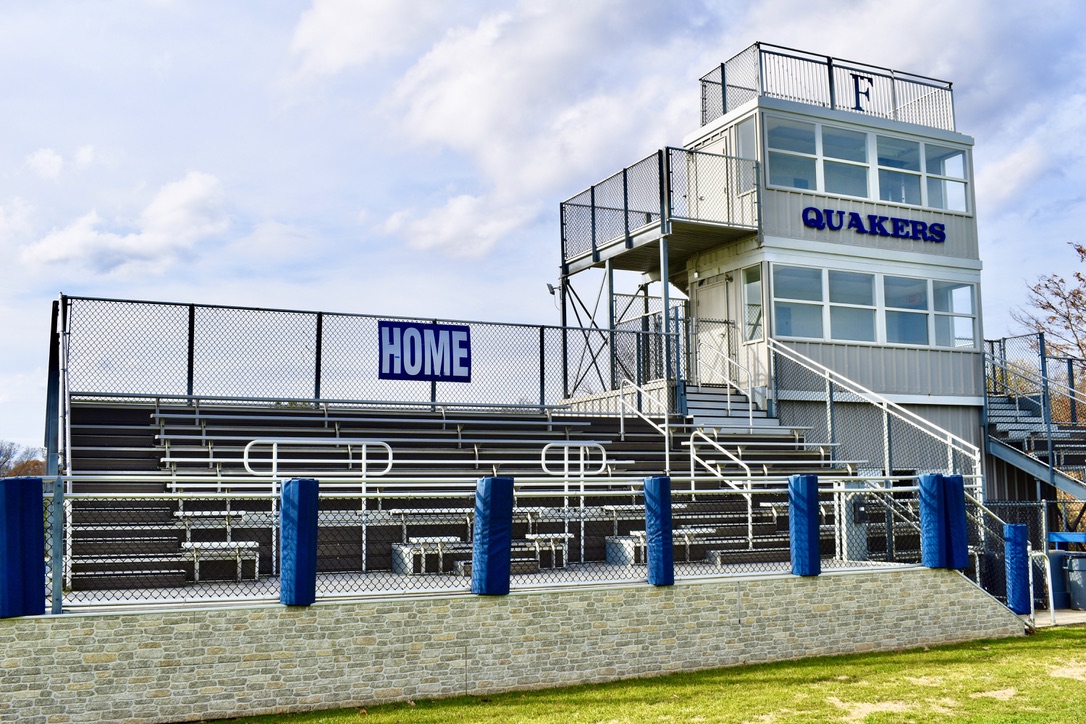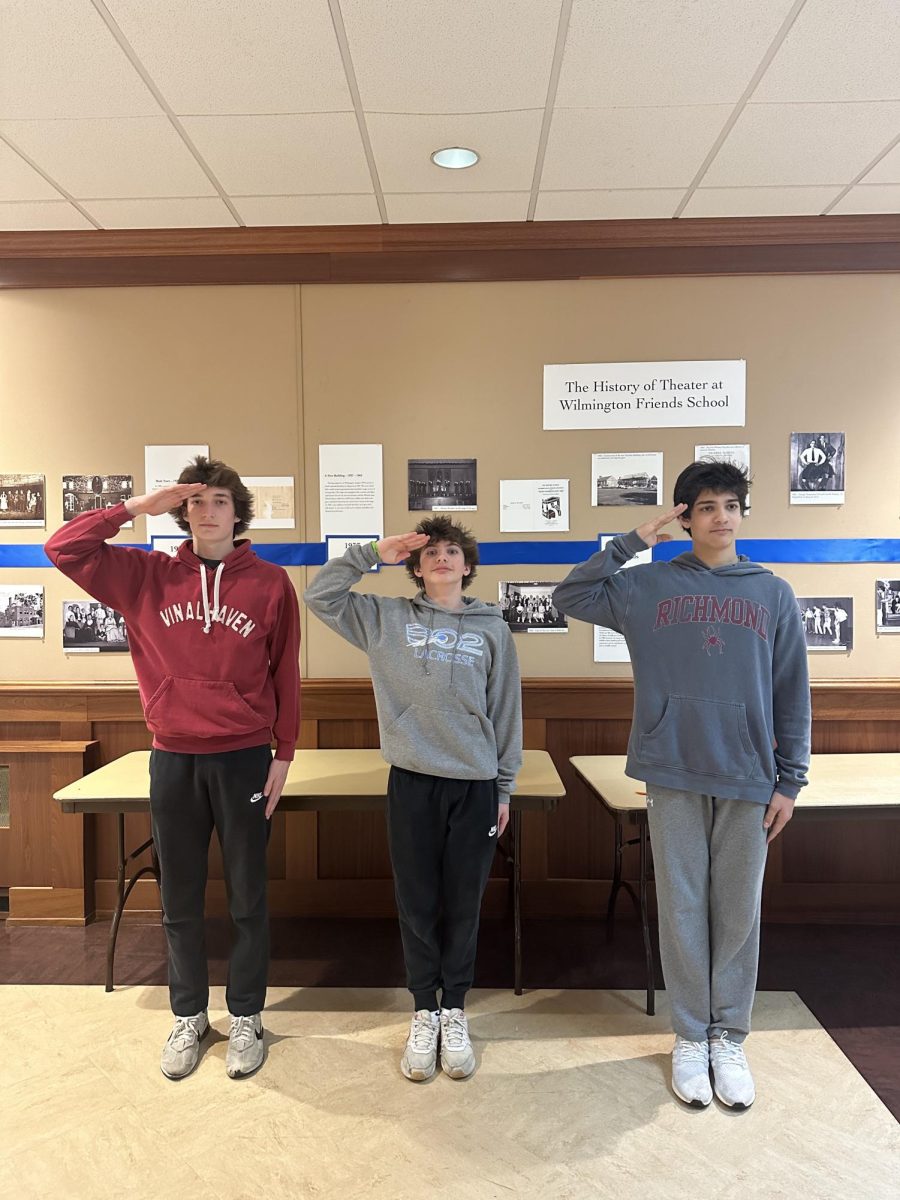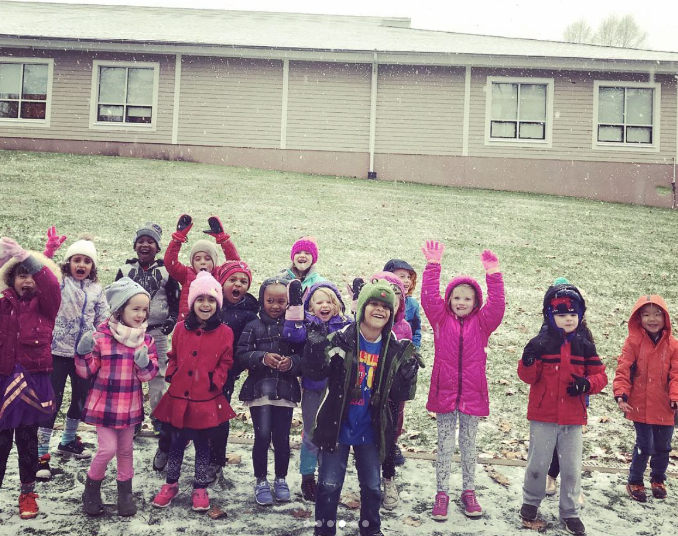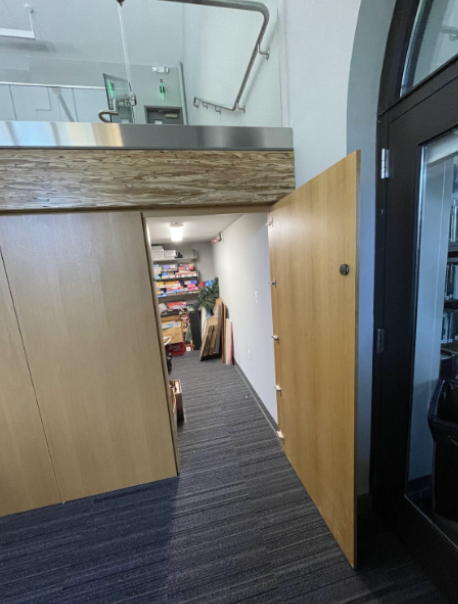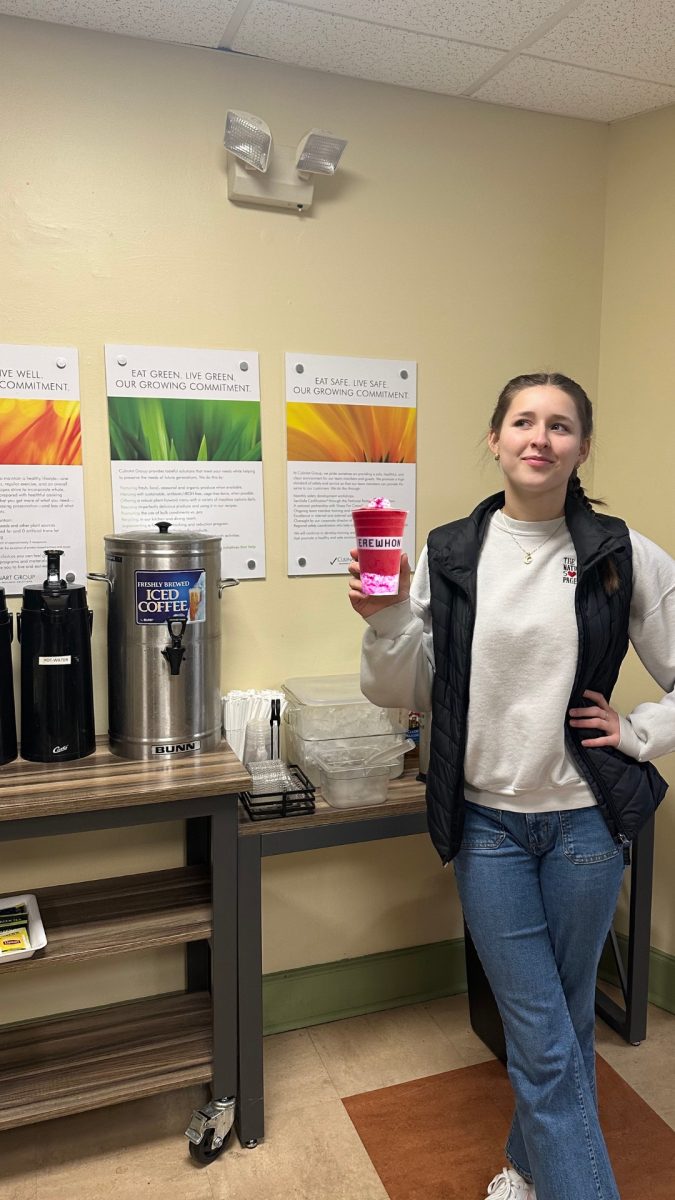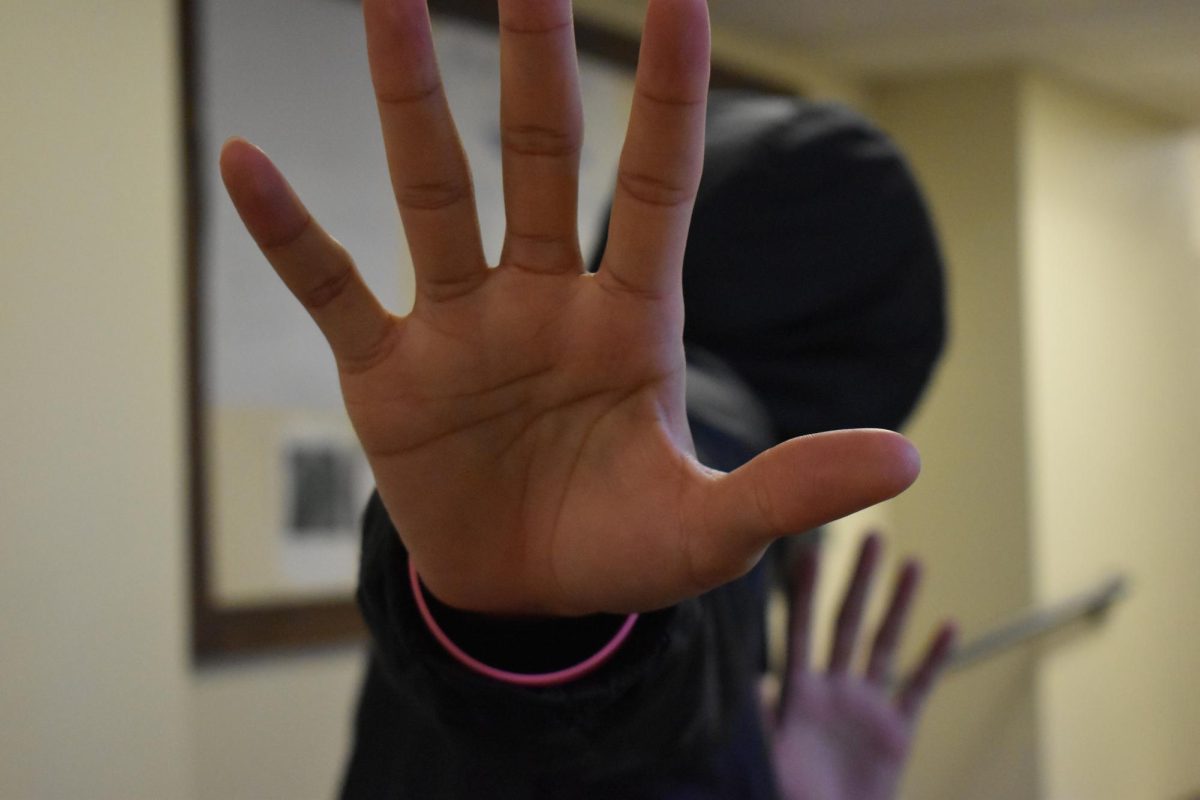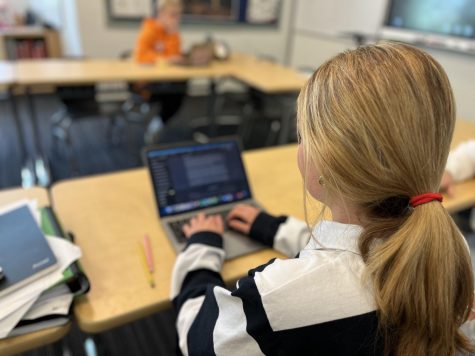Sleep: A Necessity for High School Students
December 1, 2018
The sleep habits of high schoolers have been a hot topic since 2016 when the American Academy of Pediatrics made their recommendations on adolescent sleep requirements. According to the AAP, “teens should sleep nine to ten hours per night. Regularly sleeping fewer than the number of recommended hours is associated with attention, behavior, and learning problems.” In an ideal world, high schoolers would have enough time to complete all homework, participate in extracurriculars, and get enough sleep, however this is not the case. When asked about his sleeping habits, Carter Gramiak ’21 commented that, “The amount of sleep I get varies but I’d say on average, I get about six hours of sleep a night.” Gramiak further explained that he “normally goes to bed around 11:00 or 12:00 but if homework’s really bad I sometimes have to stay up until 1:00. I get home from sports at 6:00 and then I have at least two hours of homework to do.” Carter is not unique in his fulfillment of the recommended amount of sleep time for high school students. According to a survey sent out to the Upper School students, 65% of respondents said that they put everything away and started trying going to sleep after 11:30.
Not only can a lack of adequate sleep affect your ability to focus in school, but it can also affect your athletic ability. When asked about how sleep and sports are related, athletic trainer, Devon Adams said, “I have seen athletes struggle with more soreness because their body cannot recover due to lack of sleep. Lack of sleep can also increase an athlete’s reaction time, which can be very dangerous in all sports.” On the other hand, Adams also spoke on how athletics can affect one’s sleeping habits. She noted that, “Studies show that athletes take longer to fall asleep. Athletes will take 18.2 to 16.5 minutes versus 5.0 to 2.5 min for non athletes to fall asleep. Sometimes, this will result in the athlete ‘giving up’ and staying up later. It is very important that student-athletes don’t do this.”
Another thing students often do to make up for their lack of sleep is resort to caffeinated drinks. When asked about his caffeine habits, junior Casey Tyler ’20 said “I drink about two coffees a day. I normally will drink one in the morning that I make at home, and I will sometimes follow it up with drinking a second from the Java nook. I drink coffee every day because it helps me stay awake and alert during class so that I can pay attention more. If I don’t drink coffee I will be too tired to work. If I drink too much, on the other hand, I will not feel good and have an upset stomach.” Many corporations like Starbucks produce fun and exciting flavors of caffeinated drinks such as mochas, refreshers and frappuccinos in order to profit off of the caffeine consumption of young people.
The most frightening and dangerous threat of inadequate sleep is the effects of tiredness on driving. A large amount of upper school students at Wilmington Friends School drive themselves to school every day, putting them at the highest risk for this issue. When asked if she had ever seen a student-athlete’s sports season be affected by a lack of adequate sleep, Adams responded, “At the worst, I have had a Division 1 athlete fall asleep while driving home from practice and crash their vehicle. They missed the rest of the season due to a concussion and fracture.” While this can be seen as disappointing and upsetting, this student was extremely lucky. A study in 2016 conducted by Liberty Mutual Insurance and Students Against Destructive Decisions showed that 1 out of 10 students fall asleep at the wheel. Not all of them are lucky enough to merely miss a season and many lose their lives.
While this issue may seem nearly impossible to overcome, there are still many steps that you can take to improve your sleep habits. Adams advises students to “make a schedule: try to go to bed around the same time each night. Easier said than done with our crazy schedules but it helps your body regulate! Create a bedtime ritual: darken your room, turn down the lights, and clear your mind. Eliminate screens from your room including your phone, and choose reading a book or other activity that helps you relax instead. Some athletes like to do some gentle stretching before bed, use a foam roller, or drink warm decaf tea to cue your body that it is time to relax and unwind.”
If you are forced to make a decision between your safety and health or your school work and extracurricular activities, your personal safety should always come first.

